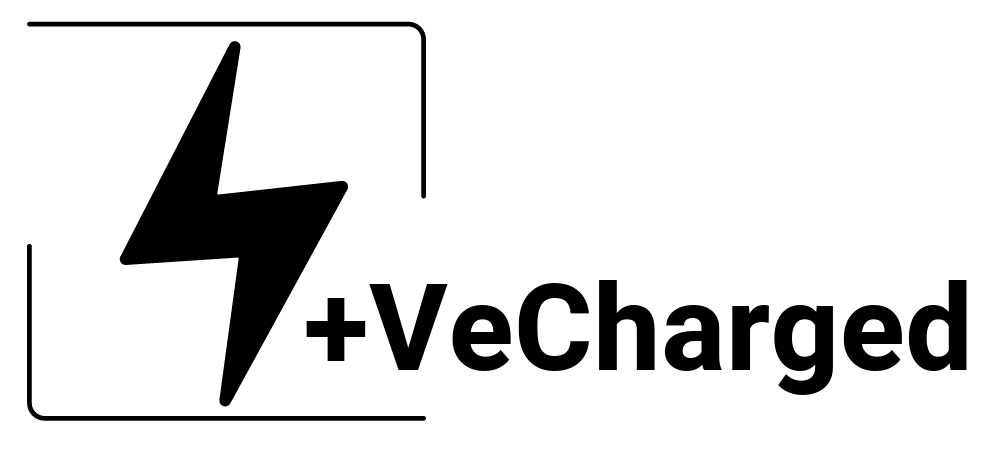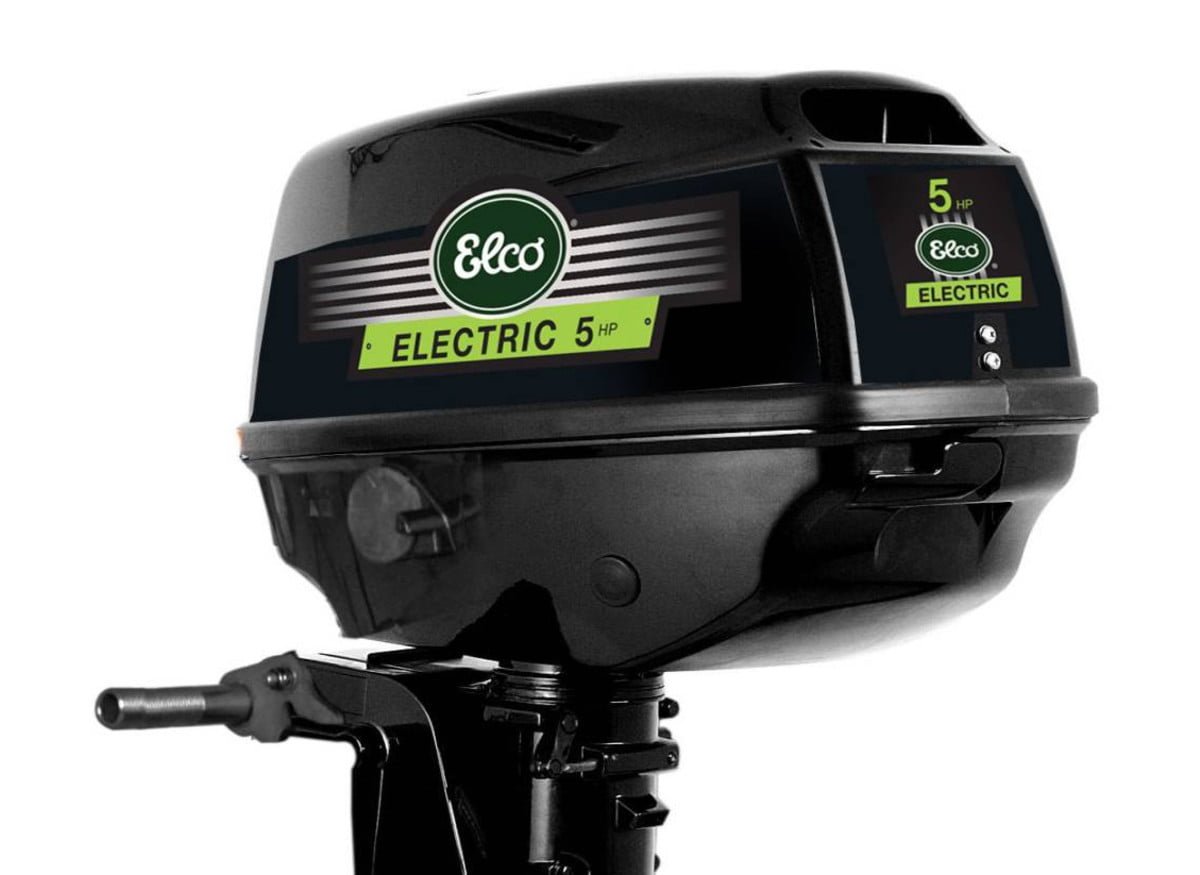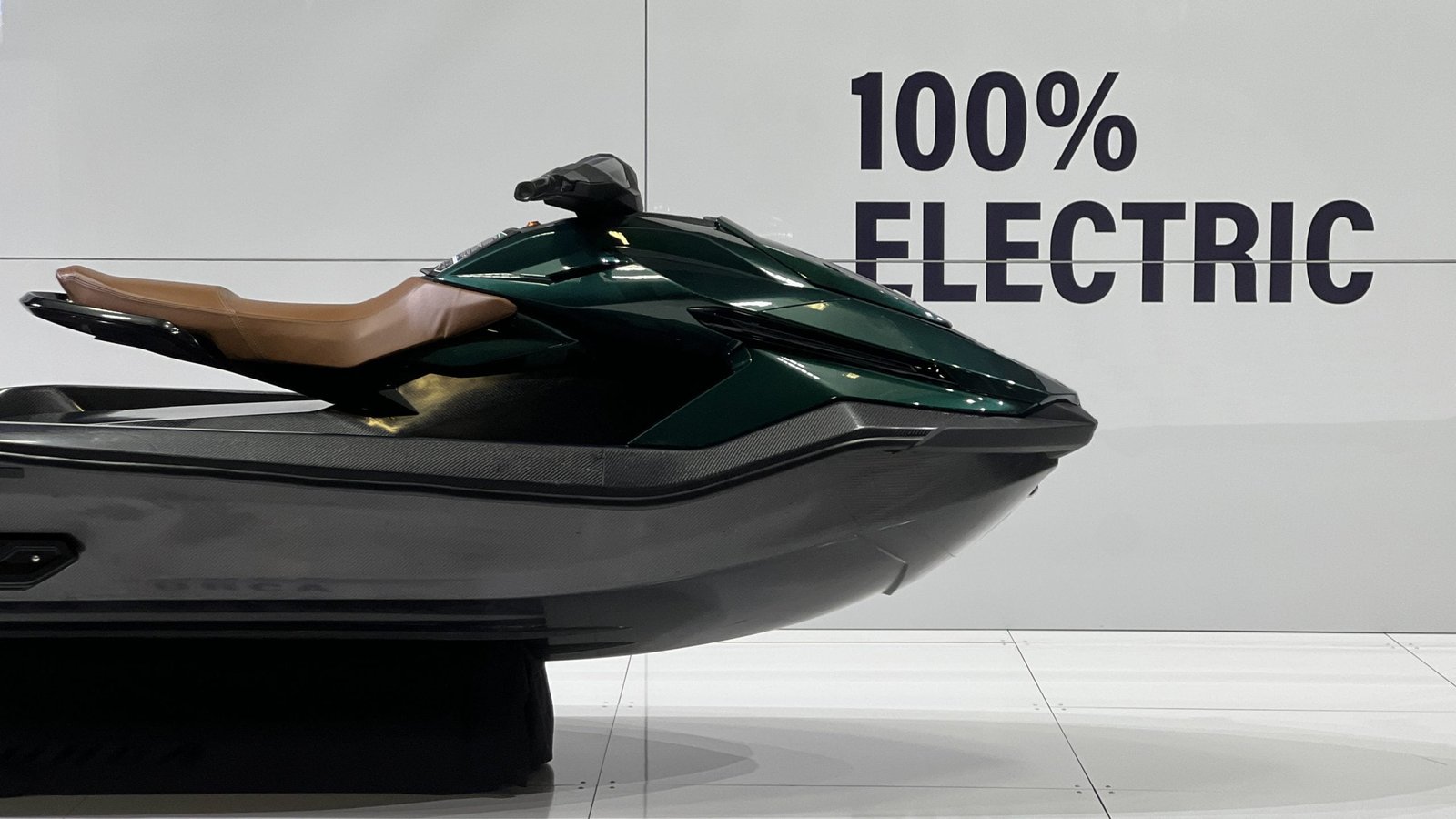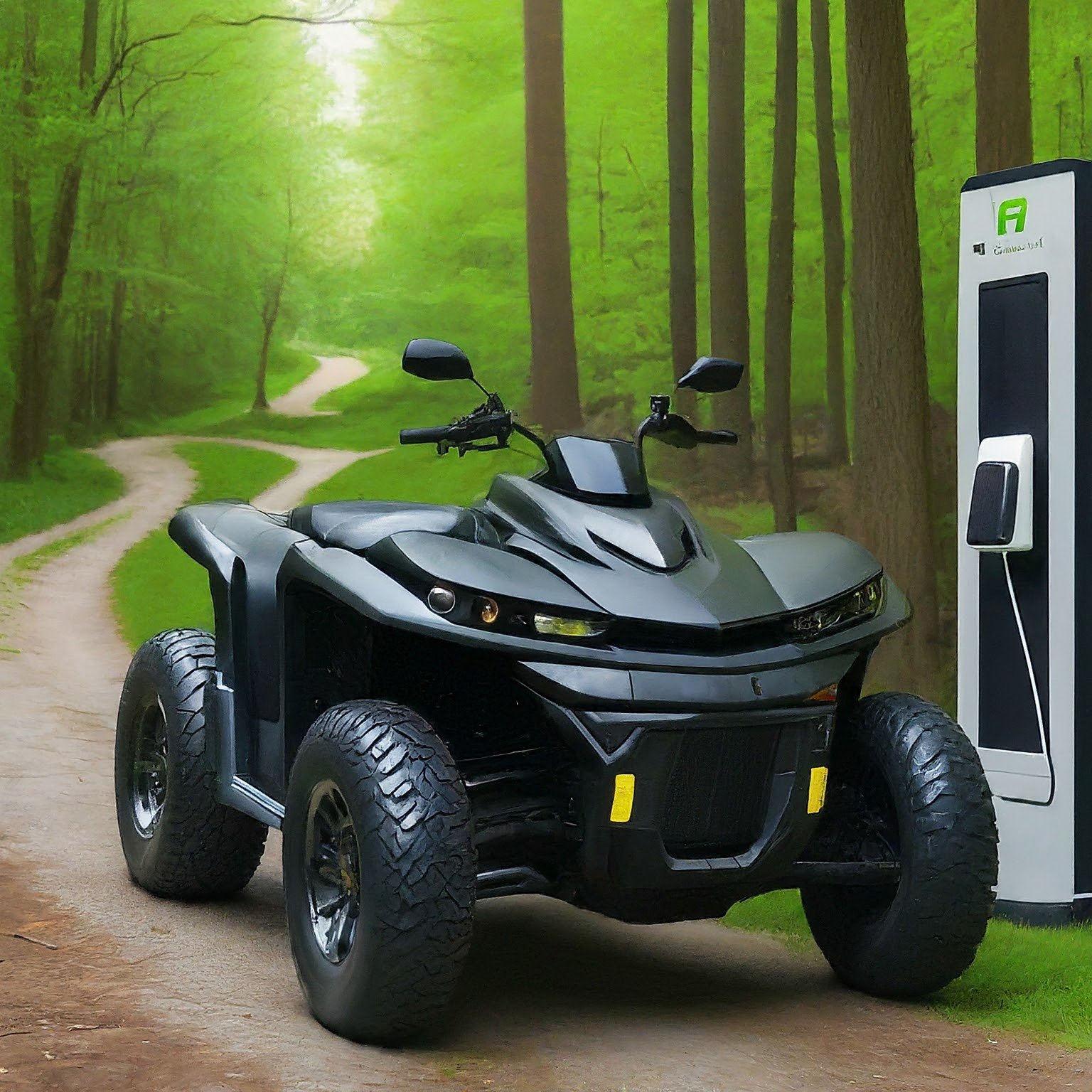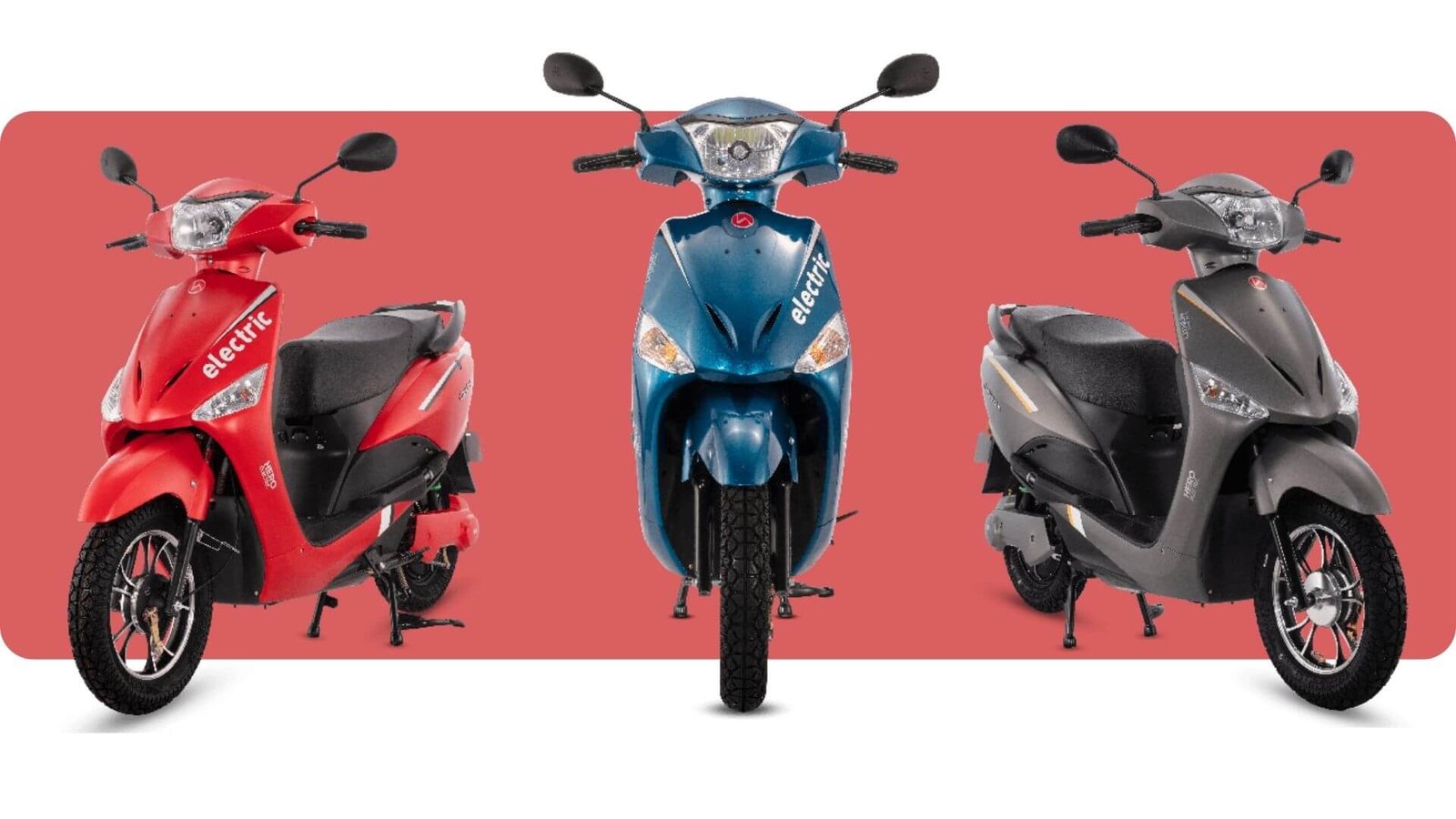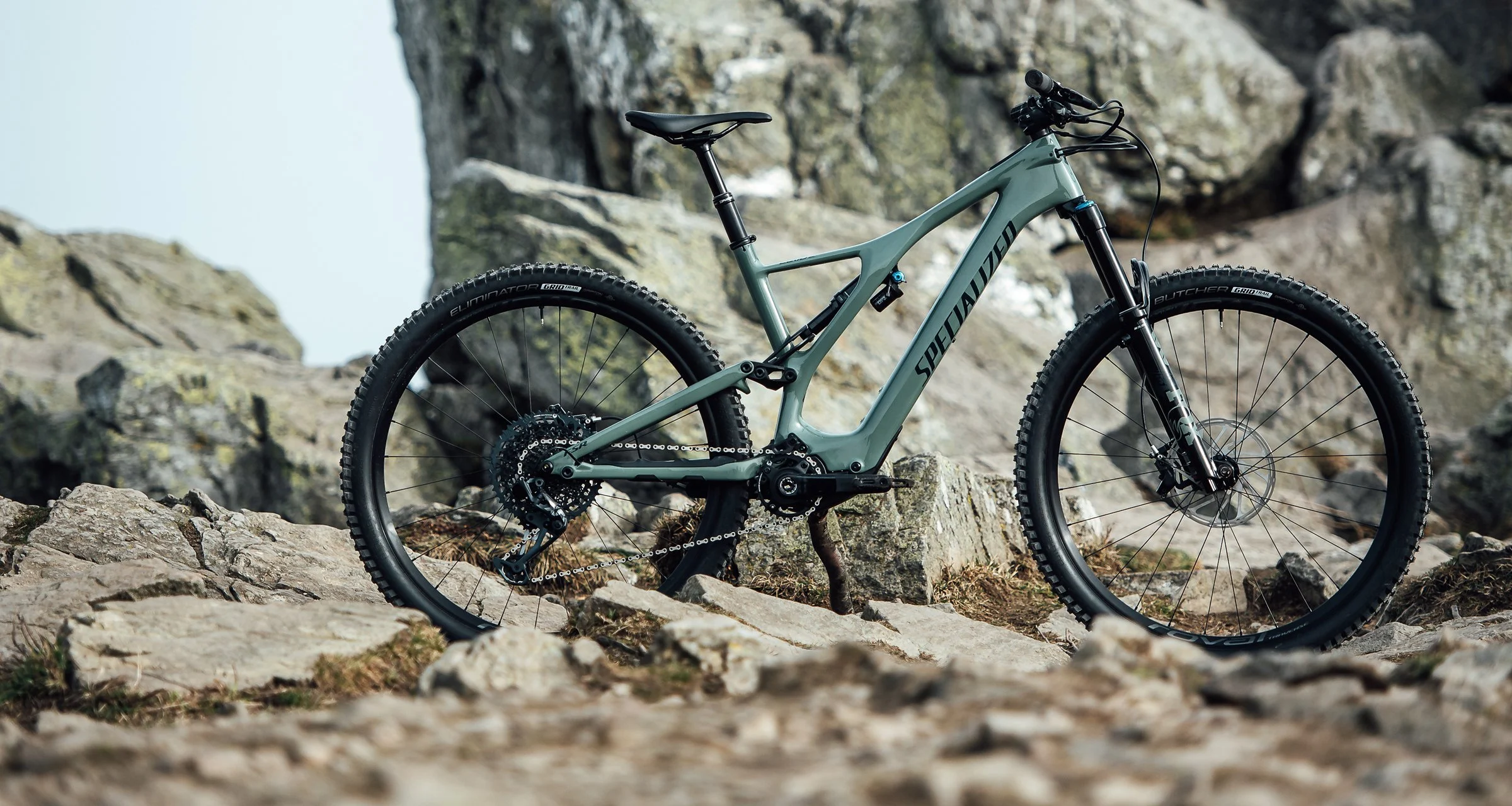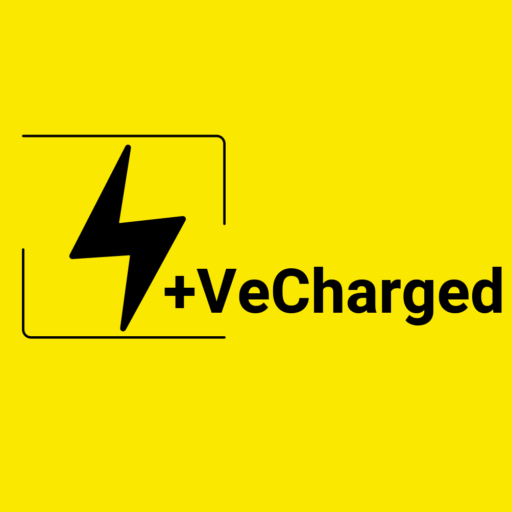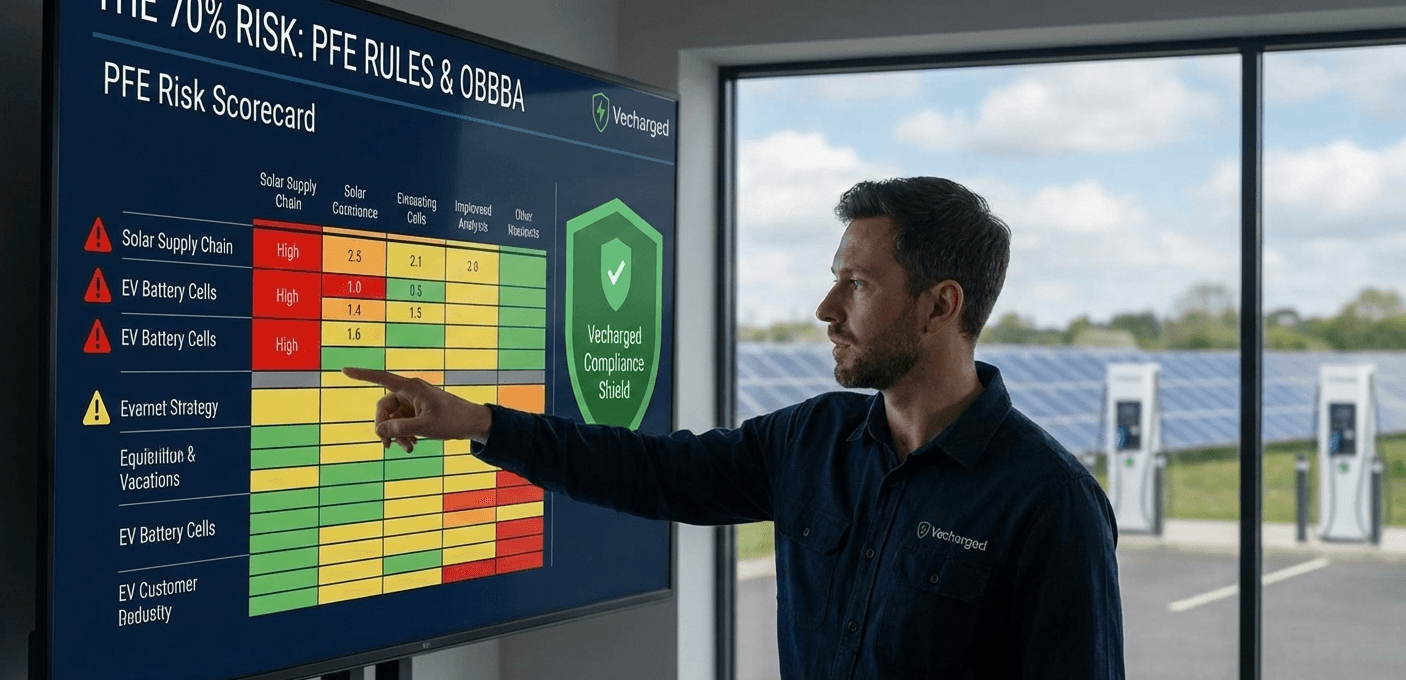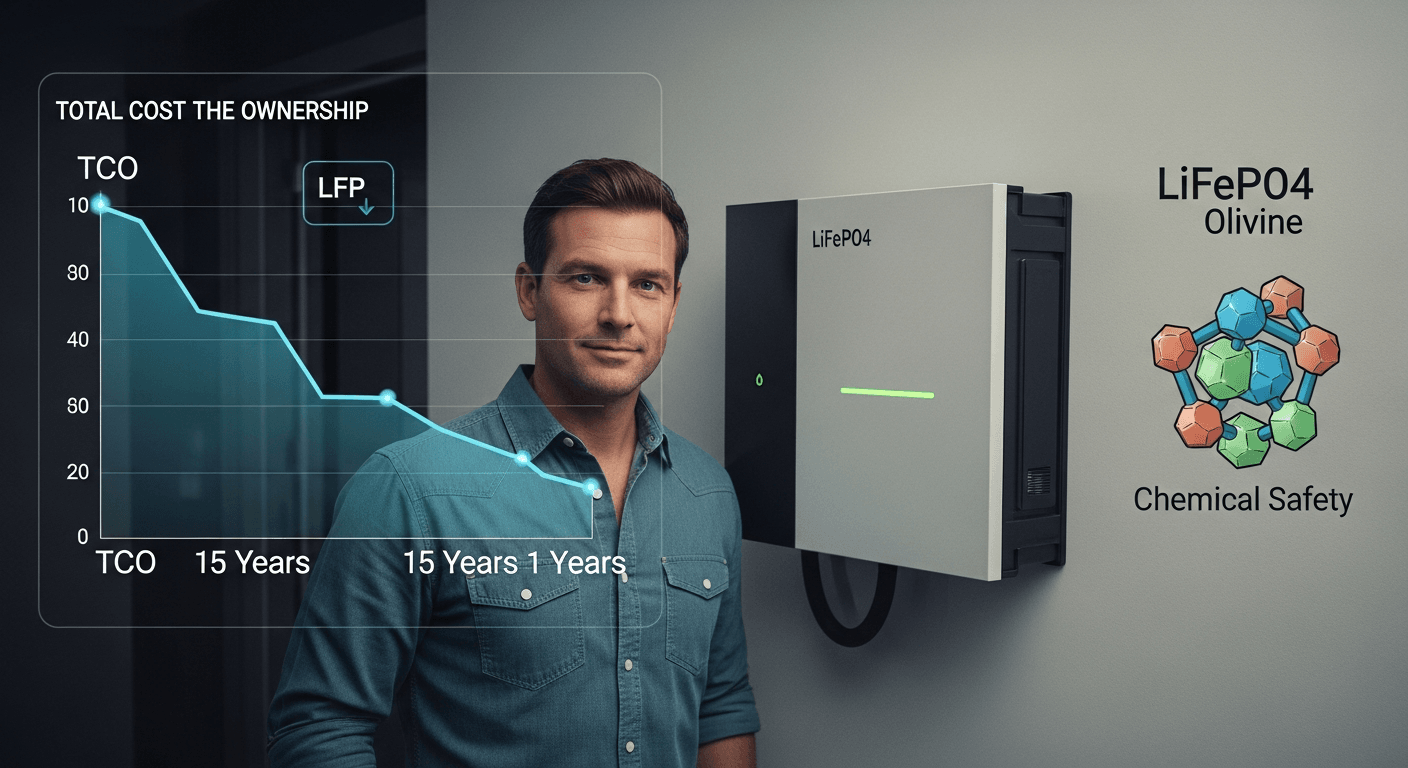Electric boating is the wave of the future! quieter, cleaner, and easier to maintain than traditional gasoline-powered boats. Whether you’re a seasoned sailor or a curious newcomer, this guide provides everything you need to know about electric boating in 2024.
Unveiling the Electric Motor: Powering Your Boating Journey
Electric boat motors are similar to their gasoline counterparts, but they utilize electric current to generate power. They come in various configurations to suit different needs, including:
- Outboard Motors: Mounted on the boat’s transom (the rear section), these motors are the most common type for electric boats. They are available in a wide range of power outputs, making them suitable for everything from small tenders to pontoon boats.
- Inboard Motors: Installed inside the hull of the boat, inboard motors are typically found on larger electric boats. They offer quieter operation and a lower center of gravity for improved stability.
- Pod Drives: These forward-mounted underwater units are gaining popularity for electric boats. They provide excellent maneuverability and efficiency.
Choosing the Right Electric Motor: Key Considerations
Selecting the perfect electric motor for your boat requires careful consideration of several factors:
- Boat Size and Weight: The size and weight of your boat will determine the motor’s necessary power output. Larger and heavier boats necessitate motors with higher thrust to maintain desired speeds.
- Battery Capacity and Range: Electric motors rely on batteries, and the battery’s capacity will influence your range. Choose a battery capacity that aligns with your typical boating trips.
- Desired Speed and Performance: Do you prioritize leisurely cruising or high-speed performance? Electric motors have varying power outputs that affect speed.
Unveiling the Top Electric Motors of 2025: A Deep Dive with Pros & Cons
The electric boating market is brimming with innovation, offering a diverse range of motors to suit every boater’s needs. Here’s a closer look at some of the top picks for 2024, highlighting their strengths, weaknesses, and ideal applications:
For Smaller Boats:

- Torqeedo Ultralight:
- Pros: Incredibly lightweight and compact, making it perfect for easy storage and handling on smaller boats and tenders. Renowned for its extended range, allowing you to explore farther on a single charge.
- Cons: Lower power output compared to some options, limiting top speeds. Might not be suitable for heavier boats or those seeking high speeds.
- Minn Kota Watersnake Endura:
- Pros: A reliable and budget-friendly workhorse, ideal for canoes, kayaks, and small fishing boats. Offers quiet operation and decent thrust for leisurely cruising.
- Cons: Limited power output restricts its suitability to larger or faster boats. Shorter range compared to some higher-end options.
For Performance-Oriented Boaters:
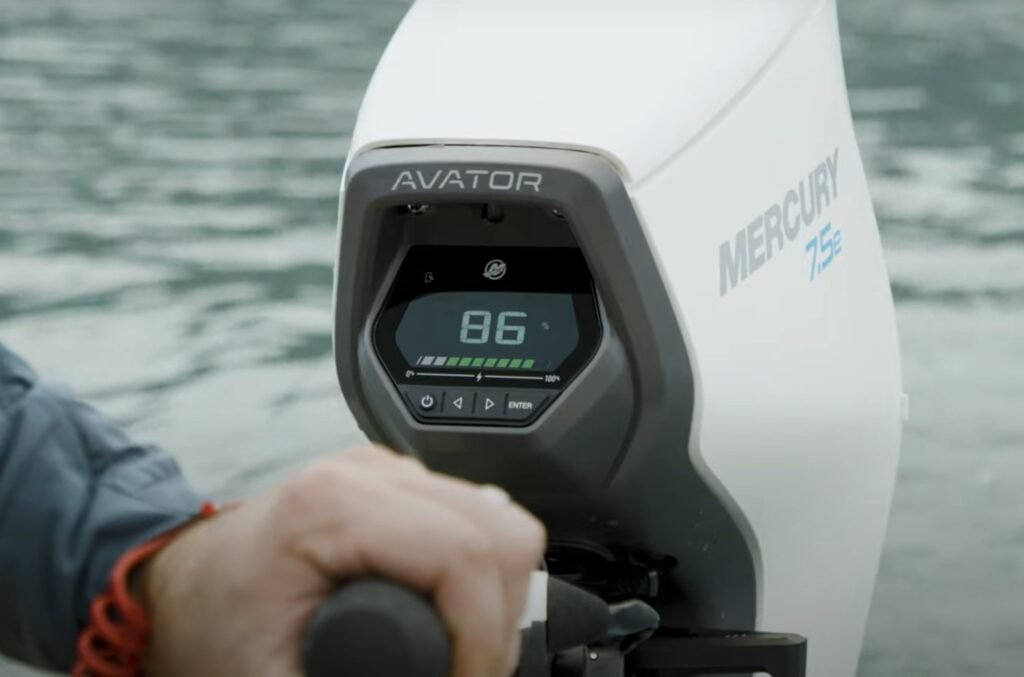
- Mercury Avator Series:
- Pros: Delivers a powerful and efficient performance, making it a great choice for pontoon boats and larger vessels seeking excellent cruising speeds and acceleration. Backed by the reputation and service network of Mercury Marine.
- Cons: May come at a premium price point compared to some competitors. Battery capacity might need careful consideration for extended trips on larger boats.
- Evinrude Etec G2:
- Pros: Provides exceptional power and exhilarating acceleration, catering to boaters who prioritize speed and performance. Offers a thrilling electric boating experience.
- Cons: Evinrude is no longer in production, so existing inventory may be limited and future parts availability could be a concern. May not be the most budget-friendly option.

For Eco-Conscious Boaters:
- Lexus LY-650:
- Pros: This luxurious electric yacht sets the bar for sustainable boating with its cutting-edge electric propulsion system and eco-conscious materials. Offers unparalleled comfort, elegance, and a silent, emission-free cruising experience.
- Cons: The pinnacle of electric boating luxury comes with a hefty price tag. Limited availability due to its exclusive nature. Docking and mooring may require special considerations due to its size.
- Solar-powered Boats:
- Pros: The ultimate in clean boating, harnessing the power of the sun for a completely emission-free experience. Perfect for those who prioritize environmental responsibility and self-sufficiency on the water.
- Cons: Range can be highly dependent on weather conditions and sunlight availability. Charging capabilities might be limited in certain situations. Solar panels can add significant initial cost and may require additional maintenance.
Remember, this is not an exhaustive list, and there are many other fantastic electric motors available to suit various needs and budgets. Carefully consider your priorities, boat size, and typical usage patterns to find the perfect electric motor for your next boating adventure!
Advantages of Electric Boating: Embracing a Sustainable Future
Electric boating offers numerous advantages over traditional gasoline-powered boats:
- Environmentally Friendly: Electric motors produce zero emissions, contributing to cleaner air and water.
- Silent Operation: Enjoy the tranquility of the water without the noise of a gasoline engine.
- Lower Maintenance: Electric motors require less maintenance than gasoline engines, saving you time and money.
- Improved Efficiency: Electric motors convert more energy into forward motion, resulting in greater efficiency and extended range.
Setting Sail with Confidence: Tips for New Electric Boaters
Transitioning to electric boating is an exciting step! Here are some tips to ensure a smooth journey:
- Plan Your Trips: Consider your desired range and factor in battery capacity when planning your boating adventures.
- Invest in a Charging System: Ensure you have a reliable and convenient way to charge your boat’s batteries.
- Familiarize Yourself with Regulations: Electric boats may have different regulations compared to gasoline-powered boats. Be sure to research and comply with all applicable laws.
Electric boating is an enjoyable, eco-friendly, and increasingly popular way to explore the water. With the ever-evolving technology and growing range of electric motors available, there’s a perfect option for every boater. So, embrace the quiet revolution and set sail on an electric adventure!

Suhas Shrikant is the founder of Vecharged and an engineering enthusiast specializing in high-power off-grid solar systems. He has designed and built over a dozen custom systems and uses his hands-on, field-tested experience to create Vecharged’s expert guides and reviews.
